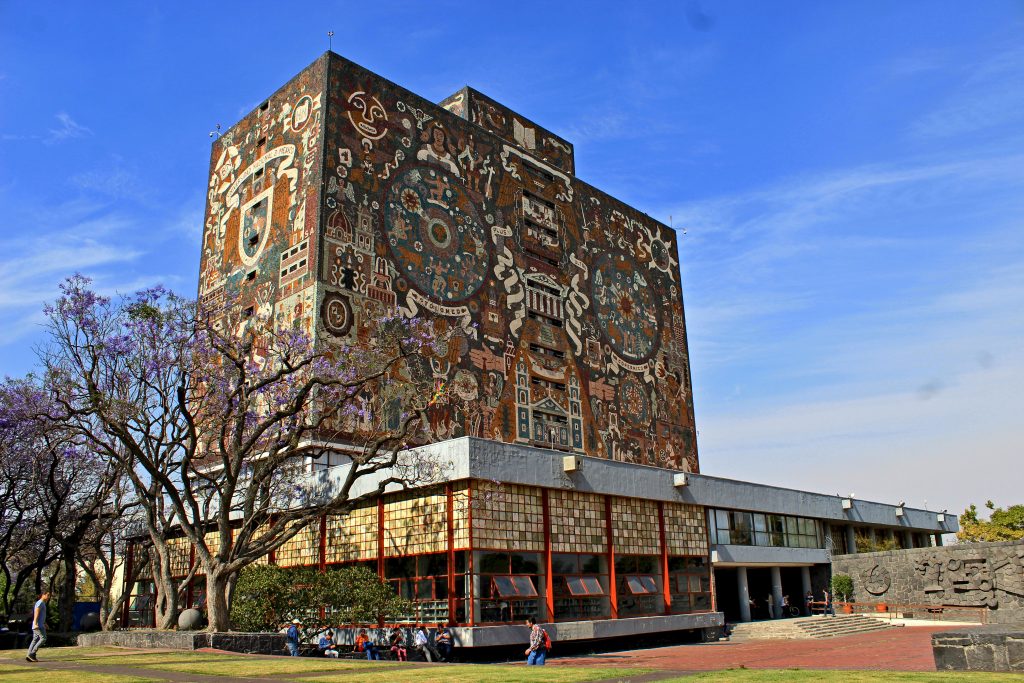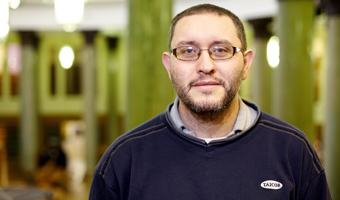
Teaching evolution in Mexico: bringing creationism to the classroom?
By Juan Manuel Rodriguez-Caso

4.0 International license)
When problems related to the teaching of evolution in the classroom, and the conflicts arising from various forms of creationism – particularly scientific creationism and “intelligent design” – are discussed, the country which may immediately come to mind is the United States of America. However, over the last two decades in some other contexts, it has become increasingly common to find this conflict replicated. Without going too far, it is only necessary to look at what is happening on the other side of the southern border of the United States. Referring to ‘creationism’ in Mexico is an issue that requires further clarification, since, for now, it differs greatly from the US situation and also to that of other Latin American countries, such as Brazil. We can break it down into two areas, the discussion within academia, and the public perception of the relationship between science and religion.
Within academia in Mexico, the teaching of biological evolution at the university level takes place entirely within the framework of the “conflict thesis.” In general terms, in Mexican public university science courses, one should not talk about religion—in a broad sense—because it is deemed inappropriate under the “explanation” of seeking to respect the secular state. Ironically, courses on the history of biology start from “critical” approaches to the development of a scientific discipline, within a perspective that intermingles science and religion, but consider the conflict as the only choice between two “opposing” visions. This dichotomy is supported by an implicit understanding that scientific practice should be taught only in materialistic terms, and in that sense, rejecting that any religious thought can be related to science, an idea based in implying that “religion” refers to any kind of “non-evidential” belief. As a clarification, in Mexico, science careers such as biology are offered almost entirely in public universities, which have a strong secular tradition and notorious anticlerical features.

Source: Guillermo Calva Márquez (CC A-S-A 4.0 International license)
Now, in public terms, Mexico is an eminently religious country, with a majority Christian population. More than 80% of Mexicans are Catholic, and the percentage of Protestant denominations is between 10 and 15%, with an increase in the last twenty years. According to government, as well as public university surveys conducted in recent years implicitly based on the “conflict thesis”, most of the Mexican population has equal confidence in science and religion, with the data suggesting that there is no widespread perception of conflict. These same data indicate that the attitude towards science in general terms is positive, but the advance of alternative and pseudoscientific visions is increasing. This situation is becoming much more complicated by the ideological drift of the leading agency in charge of scientific promotion in Mexico, especially for their hard defence of what they have called “ancient peasant science,” as a way of legitimizing traditional knowledge against so-called “neoliberal science.”
In 2005, the renowned Mexican biologist Antonio Lazcano highlighted some of the problems that have increased over recent years. Most notably, the advance of Protestant groups of a marked fundamentalist stance in various areas of Mexico has gradually made the issue and “controversy” surrounding the teaching of evolution and creationism more relevant. And all this, within the framework of a country with a strong Catholic tradition, in which there is no major history of conflict associated with the teaching of biological evolution and a strong defence of secular values.
What role do scholars have in all this? Several details arise from the above: there is a marked lack of interest from Mexican scholars in understanding what creationism is in its different meanings and guises as it emerges in Mexico. A view shared by many Mexican scientists who treat religion, theology, Christianity, creationism, Intelligent Design, and any related concept as one and the same thing. But the confusion goes even beyond that. The teaching of biological evolution, in historical terms, is based on the reaffirmation of the “conflict thesis,” such as when it is stated that the publication of Charles Darwin’s best-known work, On the Origin of Species, “clearly” marked the change from an obscurantist vision to one of progress. And that discourse is based on taking up scientific discussions, such as those promoted in the United States, and seeking to apply them in the same terms in the Mexican context, under the premise that science is universal, which excludes understanding the processes of appropriation of knowledge in different cultural contexts. In the end, simplistic discussions are promoted, in which there are only two options, to be an evolutionist or not. Thus in Mexico, it is often claimed that a creationist, considered synonymous with any belief, cannot understand the nature of science. These arguments are reminiscent of authors such as Jerry Coyne or Richard Dawkins, known for their defence of the New Atheism agenda.
What are the possible solutions to this situation? A more solid foundation for biologists in matters of history and philosophy of science would help. Although the risk of a dogmatic vision of science may always be present. Fundamentally sociological analyses based on alternative plural explanations to the “conflict thesis”, which would provide an empirical base for understanding these trends would be useful. Such work would help to illuminate those public visions of the conflict that one part of the academy insists does not exist. It seems that if the Mexican public is faced with a choice between two options, evolution or creation, the tendency would be to rely more on their beliefs than on scientific knowledge. Instead of promoting the dichotomy discussed by scientists in the United States, we need to look at the plurality present within any community. Being an evolutionist and a believer is a better option than promoting fundamentalist positions, especially if one thinks that fundamentalism may be the source of other problems for societies.

Juan Manuel Rodriguez-Caso holds a PhD in History and Philosophy of Science from the University of Leeds (UK). He is currently developing a project on the history of the institutionalisation of biology in BAAS meetings between 1865 and 1894, in the School of Philosophy and Letters, at UNAM. For more on Juan Manuel’s research interests see his Research Profile. Juan Manuel can be found on Twitter @Xuanin_Asturies
